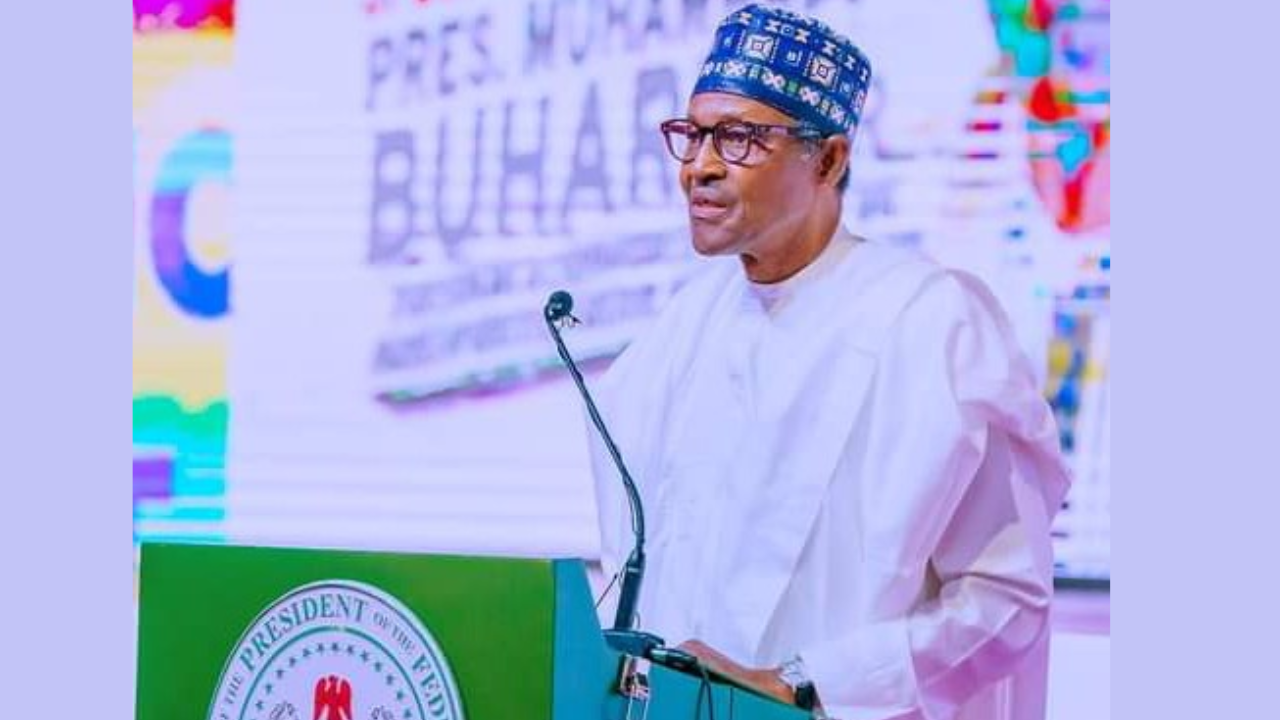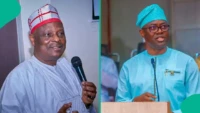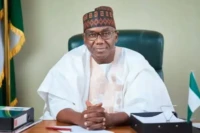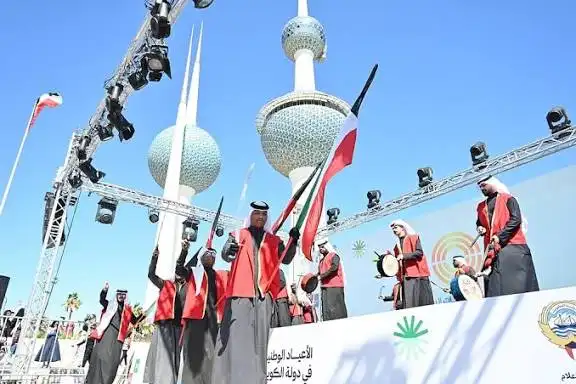Nigeria mourned the loss of former President Muhammadu Buhari, who passed away at the age of 82 in a London clinic after a brief illness. His death marks the end of an era for a leader whose influence shaped Nigeria’s political landscape through decades of service, both as a military head of state and a democratically elected president. His family, through former spokesperson Garba Shehu, announced the passing, describing it as “a great national loss” and praying for his soul to rest in Aljannatul Firdaus.
Born on December 17, 1942, in Daura, Katsina State, Buhari’s journey was one of resilience and dedication. Raised by his mother after losing his father at a young age, he pursued education in Katsina before joining the Nigerian Army in 1961. His military career was illustrious, with roles such as Military Governor of North Eastern State and Federal Commissioner of Petroleum Resources. In 1983, he became Nigeria’s military head of state following a coup, serving until 1985. His strict discipline and anti-corruption stance defined his early leadership.
Buhari’s return to power in 2015 as a democratically elected president was historic, marking the first time an opposition candidate defeated an incumbent in Nigeria. Running on the All Progressives Congress platform, he promised to tackle corruption and insecurity, particularly the Boko Haram insurgency. His 2019 re-election reaffirmed his appeal, especially among northern Nigeria’s talakawa, the common people who admired his incorruptible image.
His presidency from 2015 to 2023 was a complex chapter. Buhari’s administration made strides in infrastructure and agricultural development, launching initiatives like the National Social Investment Program to support vulnerable populations. However, challenges persisted, including economic recession, rising debt, and ongoing security issues. Critics pointed to his economic policies and prolonged medical trips abroad, which sparked debates about Nigeria’s healthcare system. Despite these, his commitment to frugality—rejecting lavish gifts and cutting government spending—remained a hallmark of his leadership.
Buhari’s personal life reflected his simplicity. Married to Safinatu Yusuf and later Aisha Halilu, he was a father of ten, often speaking fondly of his grandchildren. His rejection of extravagant privileges, like a ₦400 million fleet of cars or a diamond-studded watch, underscored his disciplined character.
As Nigeria reflects on Buhari’s legacy, opinions vary. Supporters celebrate his anti-corruption crusade and patriotism, while critics highlight unfulfilled promises. Yet, his impact is undeniable, shaping Nigeria through military and civilian rule. His passing prompts a moment of unity, as Nigerians honor a leader who, despite controversies, dedicated his life to public service. May his soul rest in peace.












I highly doubt the credibility of this news. Lets wait for official confirmation before jumping to conclusions. #FakeNewsAlert
I dont buy it, theres no solid proof! Lets wait for official confirmation before jumping to conclusions. #FakeNewsAlert
Wait, did Buhari actually die or is this just another rumor? I need more reliable sources before believing anything.
Can we trust the sources claiming Buharis death, or is it just another conspiracy theory? Lets discuss!
I cant believe this news about Buhari. Do you think its true or just another rumor? Lets discuss!
I find it hard to believe the news about Buharis death. Lets wait for official confirmation before jumping to conclusions.
Wait, did Buhari really die in London or is this just another rumor? I need more concrete proof before believing it.
Wow, can we trust this news about Buharis death? Seems fishy to me. Need more credible sources!
I highly doubt the credibility of this news. Lets wait for official confirmation before jumping to conclusions. 🤔🧐
I find it hard to believe without solid proof. Lets wait for official confirmation before jumping to conclusions.